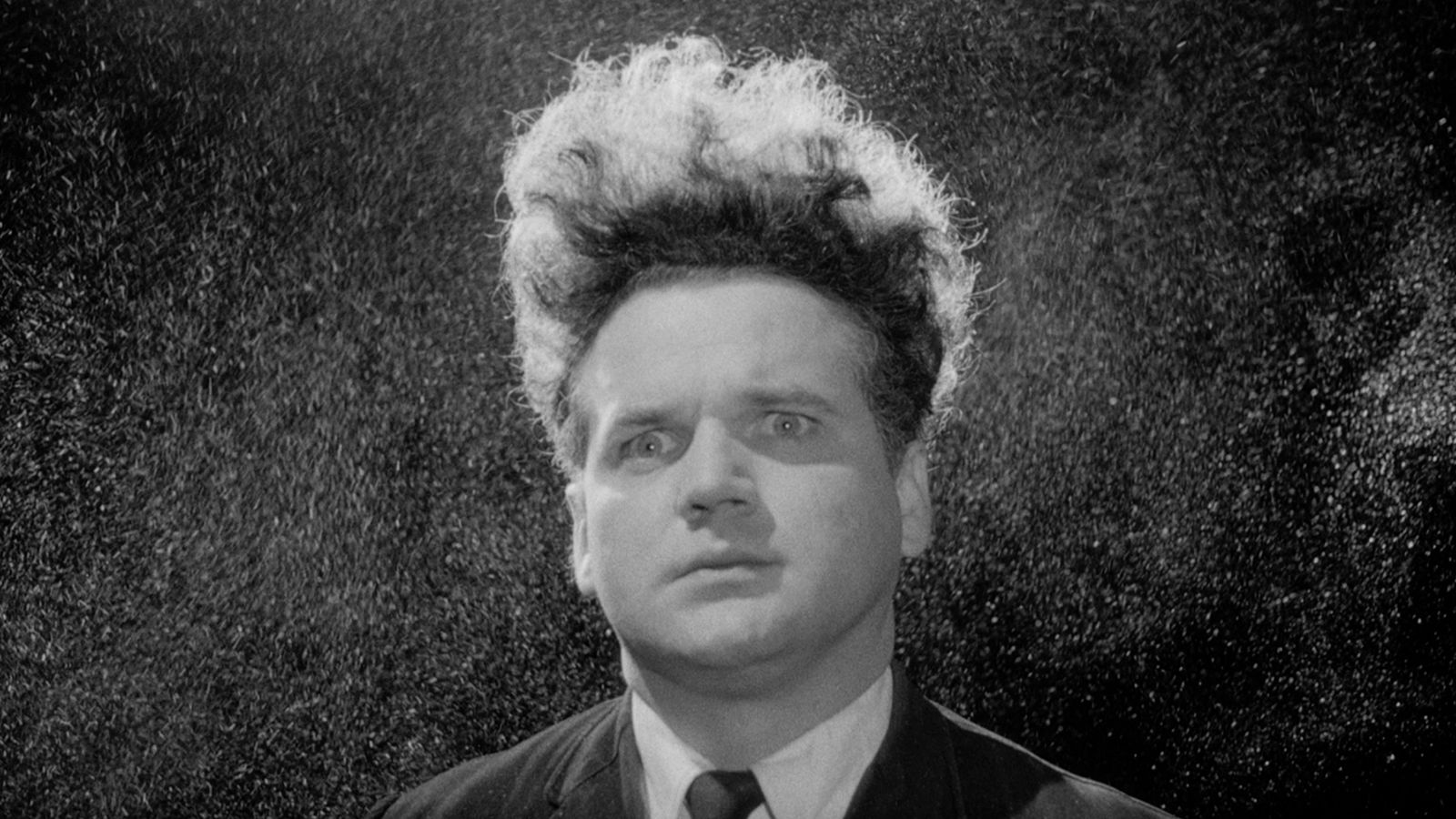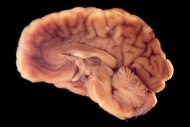Create a free profile to get unlimited access to exclusive videos, sweepstakes, and more!
Dystopia alert! Scientists have trained a computer to read people’s thoughts

There’s definitely nothing dystopian to see here; just one of those run-of-the-mill stories about how scientists have figured out a way to hook people up to wires, give them some cues, and then guess — with startling accuracy — what it is they’re probably thinking.
Researchers in a Facebook-funded study in California have devised a method not only for detecting what was on subjects’ minds in a newly reported, groundbreaking volunteer study; but also for having a machine write it down so the subjects could read and confirm that yes, that’s what they were thinking.
As reported recently in the journal Nature, research physicians at the University of California San Francisco worked with three epilepsy patients — all of whom could speak and communicate normally — ahead of their scheduled neurosurgery operations. By placing “a patch of tiny electrodes” directly on the surface of their brains, neurosurgeon Edward Chang and his team were able to monitor brain activity while putting the patients through a series of questions — and then recording their unspoken answers from “a list of 24 potential responses.”
What kind of questions did the patients field? Mostly the kind that set up subjective, yet quantifiable, replies. Things like the patients’ satisfaction with the room temperature; the brightness of the lighting; their overall feeling of comfort and wellness, and even their music preferences all made the list.
The next step involved a bit of machine learning: “With the recordings in hand, Chang and his team built computer models that learned to match particular patterns of brain activity to the questions the patients heard and the answers they spoke,” reports The Guardian.
The computer was then able to refer its reading of brain signals back to one of the responses on the 24-item menu of answer options, and then have the patients confirm whether it had chosen correctly. “Once trained, the software could identify almost instantly, and from brain signals alone, what question a patient heard and what response they gave, with an accuracy of 76 percent and 61 percent respectively,” the report states.
Researchers stress that there’s a big difference between sci-fi notions of total mind scanning and their more limited new technology, which cross-references brain signals against an expansive, if limited, list of potential matches. And the study itself reportedly was commissioned not to equip would-be robot interrogators with better tools for reading our minds, but rather to enrich the communicative abilities of those with neurological afflictions.
But the researchers do indicate that additional refinements could one day evolve their new technology into “a more powerful system that can decode in real time the words a person intends to say,” the report notes. When and if that day comes, we may be reaching for our tinfoil hats — while choosing our next words very carefully.














